Over the last two years, I’ve had the privilege of engaging in deep conversations with some of the most talented Principal and Staff Engineers from leading tech companies like Amazon, Microsoft, Canva, Google, Atlassian, and Zendesk in Australia and NZ. These discussions have provided me with unique insights into what it truly takes to get promoted to a Staff Engineer level, and beyond, in some of the most competitive environments. I want to share these insights with you , as I believe they can greatly impact how you approach your career growth.
1. Impact is the Ultimate Currency
One of the most consistent themes across all these conversations is that impact is king. Every engineer who successfully climbed the ladder emphasized the importance of focusing on measurable, objective outcomes that benefit the company.
At Amazon, for instance, engineers aren’t just evaluated on the quantity of their work, but on the tangible impact that work has on the business. Promotions are often a lagging indicator; they’re based on sustained, high-impact performance over time. A Staff Engineer at Google mentioned that it took over six months of consistent next-level performance before the promotion discussions even began. This sustained impact is what ultimately sets you apart.
Takeaway: Always focus on delivering results that matter to the company. Understand what your organization values and align your efforts with those goals. One engineer said it nicely, "focus on big rocks and leave the small ones alone".
2. Leverage is Key to Amplifying Your Impact
A Staff Engineer at Canva once told me, “To achieve more in less time, you need leverage.” Leverage, in this context, refers to the ability to extend your influence and effectiveness beyond your own direct contributions. This concept was echoed by engineers across all the companies I spoke with.
For example, at Atlassian, leverage often comes from technical leadership—setting direction, mentoring others, and making decisions that enable teams to move faster and more efficiently. At Amazon, it’s about writing high-leverage code that solves complex problems or accelerates others’ work.
Takeaway: Identify how you can create leverage in your role, whether through leadership, mentoring, or writing impactful code. This is how you amplify your impact and set yourself apart from others.
3. Your Internal Brand Matters More Than You Think
One of the surprising insights I gained was how much your internal brand matters. At Zendesk, a Principal Engineer shared that high-quality work is essential, but it’s only part of the equation. Equally important is ensuring that your work is visible to the right people.
Engineers at Google and Atlassian stressed the importance of taking ownership of projects and being known for delivering results. It’s not just about doing great work; it’s about making sure people know you’re doing great work. This internal reputation can significantly influence promotion decisions.
Takeaway: Don’t just focus on doing great work—focus on being known for doing great work. Your internal brand within the company can play a crucial role in your career progression.
4. Collaboration and Soft Skills Are Essential
Collaboration came up in nearly every conversation I had. A Principal Engineer at Atlassian mentioned that being someone others want to work with can be a game-changer. Good collaborators not only deliver better results but also attract mentors and sponsors who can support their career growth.
Soft skills, often underestimated in technical roles, were highlighted by engineers at Amazon and Canva. They emphasized that being an excellent collaborator and communicator can set you apart in a field where technical skills are often the primary focus.
Takeaway: Hone your collaboration and communication skills. Being technically strong is important, but combining that with strong interpersonal skills will make you stand out.
5. Work Smarter, Not Just Harder
A Principal Engineer at Google shared a valuable lesson: “What you work on is more important than how hard you work.” Many engineers fall into the trap of working long hours on tasks that don’t significantly move the needle.
At Amazon, engineers are encouraged to protect their focus time to work on high-impact tasks. This aligns with what I’ve heard from engineers at Canva and Zendesk—focus on projects that have the potential to make a significant impact, and ensure you’re working on the right things.
Takeaway: Prioritize high-impact work and say "NO" more often. It’s not just about the number of hours you put in; it’s about working on the tasks that will drive the most significant outcomes.
Final Thoughts: Moving Forward with Purpose
These insights, gathered from conversations with some of the top engineers in the industry, highlight that getting promoted is less about luck and more about strategic, sustained effort. Focus on impact, leverage your strengths, build a strong internal brand, collaborate effectively, and prioritize the right work.
When you speak with a recruiter, they will be keen to understand how you’ve demonstrated the qualities mentioned above. Having concrete examples that highlight your impact, the reach of your contributions, and the scale of your work will be essential to making a strong impression.
If you have any questions on the path to Staff/ Principal and how recruiters assess your level feel free to reach out.
PS: I use Levels.fyi to compare job titles and levels across different companies.

